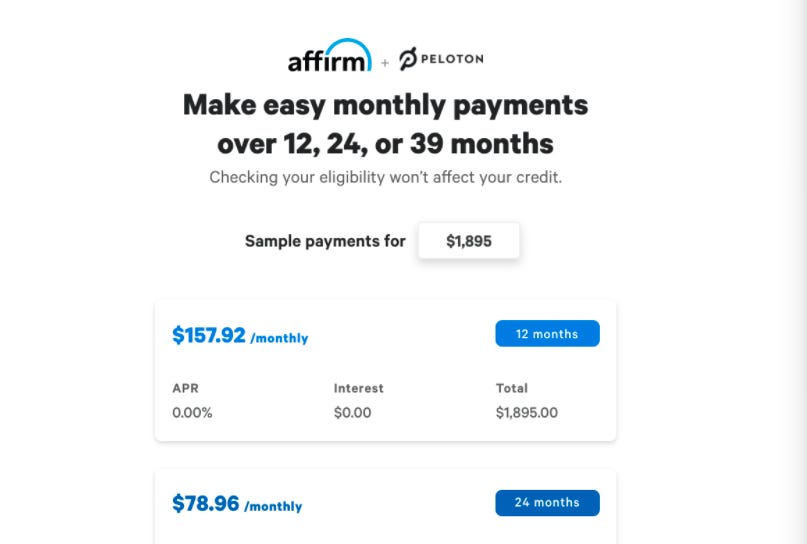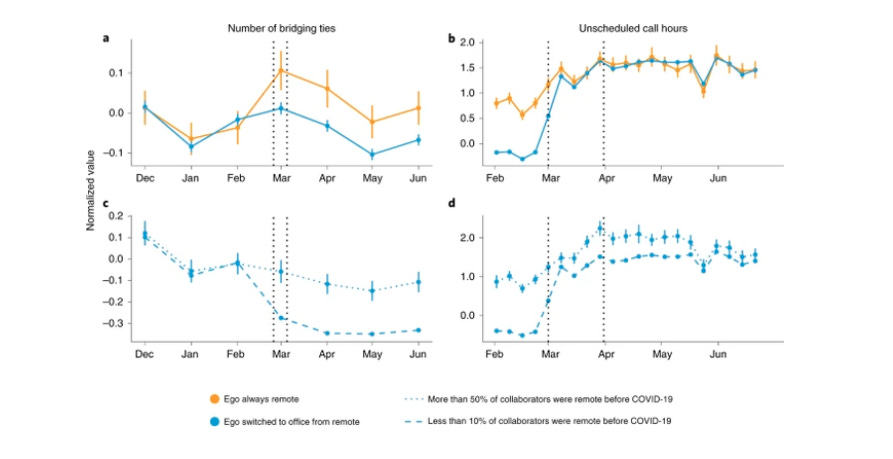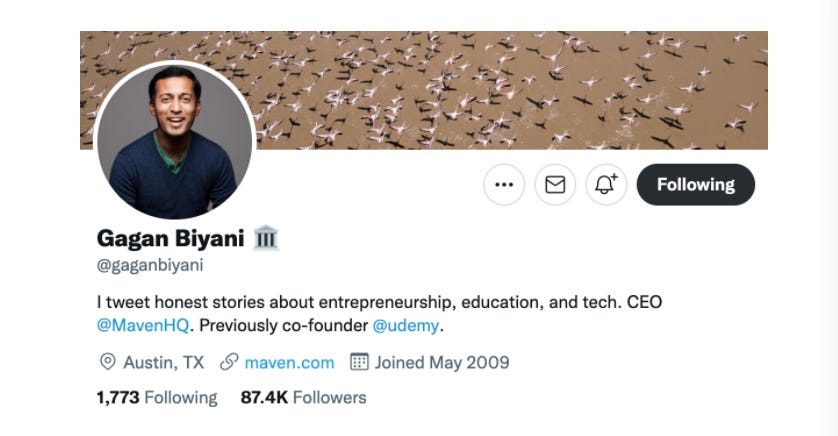‘Buy now pay later’ shakes up consumer payment, Pallet is introducing a new opportunity for creator monetization, and former Facebook employee, Frances Haugen, delivers her testimony in front of the senate.
Buy now pay later
From Digital Native, by Rex Woodbury
BNPL (Buy Now Pay Later) schemes are on the rise and in the future, they could mirror fully-fledged financial institutions.
7 in 10 of BNPL users prefer it to credit cards, 78% of users want more solutions in future and 51% of all consumers use BNPL.
Of those who don’t use it: 30% mention a lack of rewards, while 30% prefer debit cards.
Curators are the new creators
From Consumer Startups, by Leo Luo
Pallet is a new startup offering creator-managed job boards where companies can pay the creator to be listed.
An easy way for creators to diversify monetization.
Followers have easy access to jobs matching their specific interests, as job pivots become more and more common.
Companies get better candidates.
Microsoft on remote work
From Boundless, by Paul Millerd
Microsoft published an extensive study on remote work and its effects on collaboration. Some interesting finds:
A drop in connections and network size.
Despite a slight increase in IMs at lunchtime and a very small increase in evening work, the majority of workers kept the same work hours.
More meetings but shorter in length - a need for more unscheduled shorter communication.
Remote work habits and behaviors stuck when Microsoft’s Chinese teams returned to the office.
Creators & Edtech
From Personal Brand Brief, by Joel Hansen
Gagan Biyani recently launched Maven, a platform democratizing education by empowering anyone to build cohort-based courses.
For creators: build stronger personal brands, credibility and relationships with their audience through community-driven learning.
Gagan hopes for a structural change, where society respects non-institutional learning; teaching yourself to do something deserves a lot more credit.
Fixing Facebook
From Platformer, by Casey Newton
Haugen productively identified real harms (such as direct links to eating disorders in teens) and added an empirical rigor to the discussions.
She helped move the discourse towards algorithm problems.
She unproductively tried to solve deep-rooted societal problems by simply ‘fixing’ Facebook.
Extra Reading
Address you blind spots (Perspectives, Deb Liu)
Risk vs Reward (Of Dollars and Data, Nick Maggiulli)
China’s energy crisis (The Curiosity Chronicle, Sahil Bloom)
Infrastructure in a monopoly economy (BIG, Matt Stoller)
How to spot trends (In Bed With Social, Marie Dollé)
Part II on China’s Semiconductors (Chinese Characteristics, Lillian Li)








